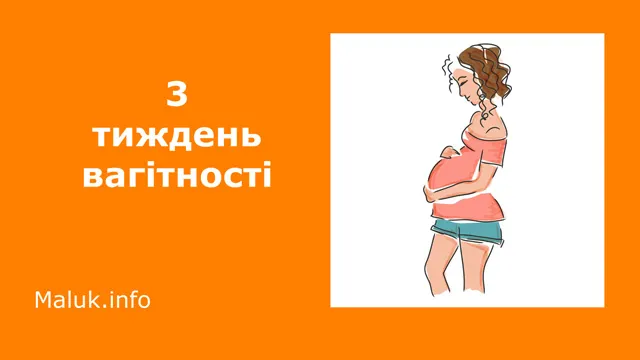Pregnancy calendar: 3rd week of pregnancy
Pregnancy calendar by week . An experienced doctor tells how a child develops in the womb and what changes occur in the pregnant woman’s body. All the most important things about the 3rd week of pregnancy
Third week: you may be pregnant if you had intercourse during the fertile period, for example, during ovulation, and ejaculation occurred in the vagina (vagina). However, you can finally find out about this only in the fifth week, when the next menstruation does not come – that is, you will have a delay in menstruation.
Pregnancy can be confirmed with a pregnancy test. A pregnancy test determines the level of the hormone chorionic gonadotropin in the urine. Depending on the degree of sensitivity, there are tests that are used from the 3rd day of delay – more sensitive, and after a week of delay of the next period – less sensitive. In principle, there are tests that can determine pregnancy from the 7th day after conception, but it is better to check everything with a repeat test in a week.
Therefore, don’t be impatient 🙂 After all, if you plan to become a mother, you probably already follow your diet and avoid harmful substances and influences ?
The third week of pregnancy – changes in your body:
If we take into account the usual female menstrual period, then after ovulation (the release of an ovum into the abdominal cavity of a woman, where it is quickly picked up by the cilia of the fallopian tube), the third phase of the menstrual cycle occurs, namely the luteal phase. The luteal phase of the menstrual cycle is the period when a woman’s body prepares for pregnancy. A follicle ruptured during ovulation turns into a corpus luteum in the ovary. The corpus luteum produces the hormone progesterone, a hormone that prepares and supports pregnancy. It also continues to produce the hormone estrogen. Progesterone is necessary so that the epithelium of the uterus, the endometrium, begins to secrete substances that are necessary for the fertilized egg (embryo) to easily attach to the walls of the uterus (implantation).
From the moment of implantation, the hormone chorionic gonadotropin begins to be produced, which is extremely important for the normal development of the child in the mother’s uterus. The actual level of chorionic gonadotropin is determined in a pregnancy test. Human chorionic gonadotropin also prolongs the life of the corpus luteum, now called the corpus luteum of pregnancy . During the next three months of pregnancy, it will be a “factory” of hormones necessary for the normal course of pregnancy.
The third week of pregnancy – how does the baby grow?
So, the egg that was waiting in the uterine (Fallopian) tube met that single sperm and together they create a baby (zygote). Moving along the fallopian tube in the direction of the uterus, the conceived child, initially in the form of one common cell, divides into two, then into four. On on the third day after conception, the baby consists of 8 cells, then 16 cells. Now it enters the uterus from the fallopian tube. Cell division continues in the uterus: the morula phase begins, which is replaced by the blastocyst phase. But the most important thing is that the baby should find a comfortable place in the uterus, where it will attach itself to the wall . This is the so-called process of implantation (attachment to the walls of the uterus) . The attached embryo will grow under the care of the uterus for the next nine months.
Author: Olga Letnyanchyk, doctor
Read also:
– Pregnancy calendar: from 1 to 40 weeks

